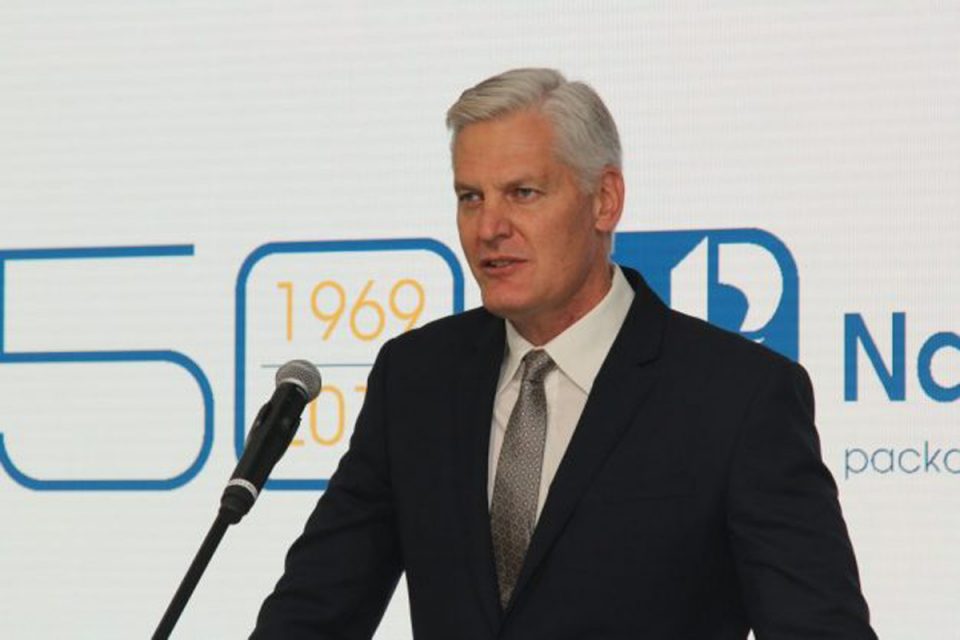Eskom’s new chief executive took charge of the crisis-plagued utility on Monday, embarking sooner than planned on the mammoth task of fixing a national power deficit and restructuring debts that have hobbled South Africa’s economy.
Andre de Ruyter, appointed by President Cyril Ramaphosa in November, will oversee a government plan to split state-owned Eskom into three units – for generation, transmission and distribution.
This is an attempt to make Eskom more efficient.
Ramaphosa is trying to revive Africa’s most advanced economy, which is flirting with recession, and attract new investment.
Eskom, which generates more than 90 per cent of the country’s power, is in its current form widely viewed as the biggest impediment to growth, though the restructuring plan has taken shape against a backdrop of stubbornly high unemployment, and unions have pledged to fight it.
De Ruyter had been due to start work on Jan. 15, but the sense of crisis surrounding the firm, which has been leaderless since July and imposed the latest in a long run of power cuts at the weekend, persuaded him to take the helm early.
Saddled with unreliable coal-fired power stations, Eskom has struggled to meet demand since 2007, forcing it into several rounds of extensive power cuts.
Outages in 2018 dented economic output and shook investor confidence in Ramaphosa’s administration.
At the weekend, it cut up to 2,000 megawatts (MW) from the national grid due to a shortage of generating capacity.
De Ruyter’s predecessor, Phakamani Hadebe, stepped down in July, citing health reasons.
Sources said at the time that another reason was that he felt frustrated at being excluded from important decisions affecting the utility.
One of Eskom’s largest trade unions, the National Union of Mineworkers (NUM), opposed de Ruyter’s appointment, labelling it a setback to efforts to promote more black professionals into senior corporate posts.
The NUM plans protests as a “welcoming party” for him, and it and the National Union of Metalworkers of South Africa have said they would fight the plan to split Eskom.
The unions fear this could lead to large-scale job losses and privatisation.
Eskom said in a statement on Monday that roughly 13,000MW of its 44,000MW nominal capacity were offline because of plant breakdowns.
It said it didn’t expect “load-shedding “ – a local term for power cuts – on Monday, but that the system was “constrained and vulnerable”.



